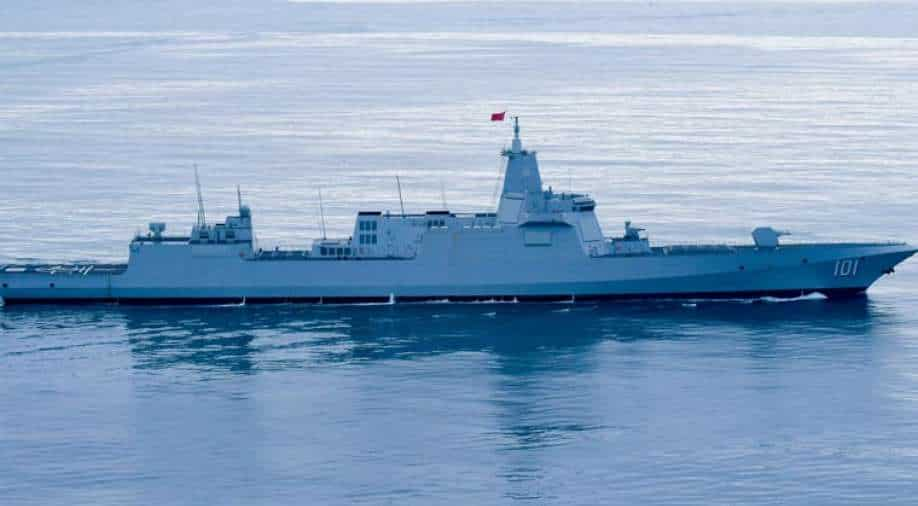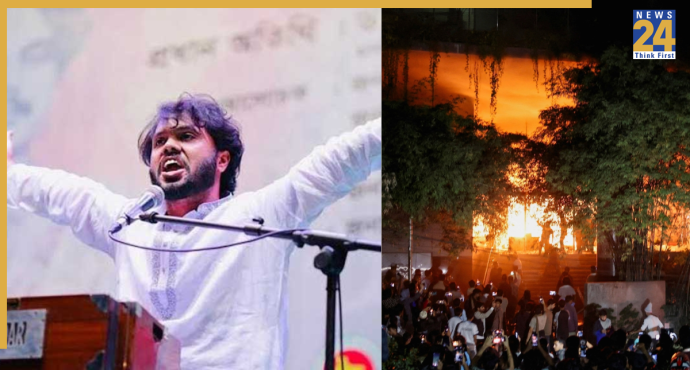New Delhi: India is closely monitoring the situation because a Chinese research and survey ship is scheduled to dock in the Chinese-run Hambantota Port in southern Sri Lanka on August 11. Colonel Nalin Herath, the media spokesman for Sri Lanka’s defence ministry, said that while the ship is able to monitor military sites, it is only a routine exercise, Sri Lanka recognises India’s worry.
“Naval ships from India, China Russia, Japan and Malaysia from time to time have requested, and so we have granted permission to China. Only when there is a nuclear-capable ship coming our way we can deny access. This is not a nuclear-capable kind of ship,” said Colonel Herath, adding China informed Sri Lanka they are sending the ship for surveillance and navigation in the Indian Ocean.
The Chinese ship, Yuan Wang 5, has requested Sri Lanka permission for replenishment. The buffer time for docking is from August 11 to 17. “China informed us that they are sending their ship for surveillance and navigation in the Indian Ocean,” Colonel Hearth said.
Sources in Sri Lanka’s Defence Ministry said the Chinese ship is a “very capable, advanced naval vessel with a lot of sophisticated parts on board.”
India is concerned as the ship is capable of monitoring nuclear power plants and military stations, sources said.
“We know India and China are competing for influence in the Indian Ocean. But China also must understand – they have some kind of a situation and their duty should be to update India as well…In fact this is not the first time a Chinese ship is entering our waters,” a person with direct knowledge of the matter told NDTV, asking not to be named.
When two Chinese submarines arrived at Hambantota Port in 2014, a similar scenario played out, resulting in a tense situation. Then, China failed to even inform Sri Lanka or India that a submarine had been despatched. Such Chinese submarine trips to Sri Lankan ports have not occurred since.
In order to protect its economic and security interests, India has stated that it will closely watch anything that could have an impact on them.
India continues to be wary of China’s expanding sway in Sri Lanka, which is indebted to Beijing for expensive infrastructure projects like the $1.4 billion Hambantota Port.
In 2017, Sri Lanka, which was struggling to make debt payments on the facility, granted a Chinese corporation a 99-year lease on the port, which is situated along the important East-West international trade lanes. Sri Lanka started bailout negotiations with the International Monetary Fund after going into default on its $51 billion in foreign obligations in April.
The 22 million citizens of the nation have been dealing with severe food, fuel, and medical shortages ever since the government ran out of foreign currency to pay for the majority of imports late last year.













